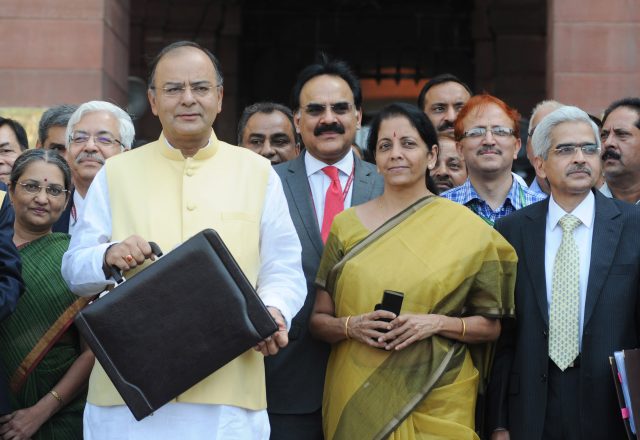Finance Bill Offers Mixed Bag For CSR
WHILE the Finance Minstry has been quite considerate towards overall social sector development, promoting sustainability, and in its interpretation of the newly-formed wp provisions, the Finance Bill 2014 has dampened the spirit of wp enthusiasts, by not allowing wp expenditures as deductions under section 37, of the Income-Tax Act. However, any wp expenditure which is allowed as deduction under other sections such as section 35 is permissible.
According to the new amendment proposed in the Finance Bill 2014, under sub-section (1) of section 37, any expenditure incurred by an assessee on the activities relating to corporate social responsibility referred to in section 135 of the Companies Act, 2013 shall not be deemed to be an expenditure incurred by the assessee for the purposes of the business or profession. This amendment will take effect from April 1, 2015, and will, accordingly, apply in relation to the assessment year 2015-16 and subsequent years.
“However, at the same time, the Budget has provided that if expenses falls under the categories of donations, or scientific research, as that conducted on the company itself, or by another agency, deductions under those terms and conditions will be allowed in other sections such as Section 35”, says Hasmukh Sah, HS Consulting.
wp professionals have been urging the finance minster to revisit and reconsider this provision, and allow treatment of wp as a valid business expenditure. The key question is, why should a company spend on wp without having any tax benefit, when it can claim 100% tax deduction in other government-notified schemes, like the Prime Minister’s Relief Fund, MNREGA etc.
[creativ_pullright colour=”red” colour_custom=”” text=”Indeed, the tendency would now be for companies to spend only is those areas where they get maximum tax benefit, adversely affecting the flow of funds in other social sector programs.”]
Says Nabin Ballodia, Partner – Tax, KPMG in India, “The objective of the wp proposal is to make Corporate India a stakeholder in the development of the community. The existing provisions falling under section 30 to 36 covers deductions for expenditure on eligible projects for uplift of the public that are notified by the government, agriculture extension projects as well as skill development projects. Hence, depending on the needs of the society around – a company may consider spending in these projects.”
Indeed, the tendency would now be for companies to spend only is those areas and organizations where they get maximum tax benefit, adversely affecting the flow of funds in the other social sector programs and initiatives.
However, the finance minister has managed to bring out some radical and drastic amendments for NGOs and Trusts under separate provisions, including:
- Total exemption to educational land and medical colleges which are substantially government-funded, under the sub-clauses (iiiab) and (iiiac) of Section 10(23C).
- Depreciation will not be considered as application of income if the assets on which depreciation is charged has already been considered as a part of application of income.
- Greater relief to NGOs and Trusts applying for registration under section 12AA; they were allowed tax exemptions only from the financial year in which the application for registration is made. According to the new amendment, exemption will given to past assessment years where the assessment proceedings are pending before the Assessing Officer on the date of registration, if the objects and the activities are the same which have been considered by the Commissioner while granting registration.
These small but substantial provisions have also brought about some much-needed clarity on taxation and exemptions for NGOs and Trusts, that will see maximum wp allocation.
According to tax experts, this was a long-awaited and important amendment and can serve to shield credible NGOs and Trusts from unwanted scrutiny by the IT department.
All in all, the proposed Finance Bill 2014 seems to a mixed bag for the wp and social sector. Several impediments regarding the admissibility of provisions for wp expenditures remain, while at the same time, norms and provisions for NGOs to avoid excessive scrutiny in raising funds and resources have been eased.













